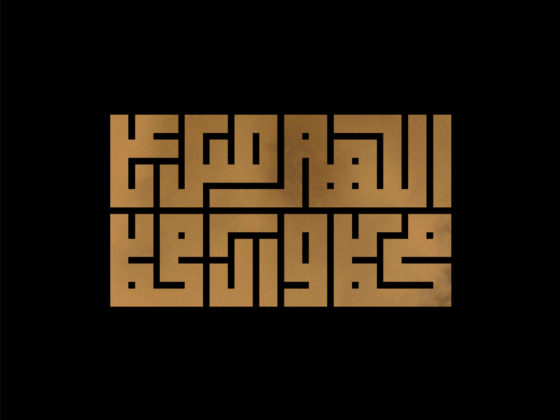If the Prophet (S) and Imams (A) knew what was hidden, why did Imams (A) allow themselves to be poisoned?
One of the most important truths in Islam is that the Prophet and the Imams of his family, may peace be upon them, had knowledge of the unseen. However, a question arises: if they knew who would kill them, how, and when, why did they allow their own murder? Why did the Messenger of Allah (S) fall asleep knowing that conspirators would pour poison into his mouth in his sleep, and why did Imam Hasan (A) drink the poisoned cup?
Firstly, in response to this question, it’s important to note a fundamental point: the Prophet and Imams did not have to act in public life according to their secret knowledge. On the contrary, in order to communicate the Revelation and preserve it, it was necessary that their behavior should not differ from ordinary human behavior and be guided by natural causes and motives. For example, the Messenger of Allah (S) used witness statements and other ordinary Sharia procedures when judging, even though he could see through his knowledge of the unseen who was right and who was wrong.
If the Prophet and Imams had led an unusual way of life and were guided in their behavior by supernatural motives, they would not have been able to fulfill their main purpose — to be models for people.
Secondly, the knowledge of the Prophet and the Imams is given to them by Allah himself and is not independent of His will. Allah can expand it and can narrow it, as in some of the riwayati:
يُبسَطُ لَنا الْعِلمُ فَنعلمُ وَ يُقبضُ عَنّا فَلا نَعلمُ
“Sometimes knowledge expands for us and we know, and sometimes it narrows for us and we don’t know” (Saduq’s Hisal, P. 538).
Third, the knowledge of unseen events also includes those that cannot be altered or undone, such as the shahadah of the Prophet and Imam. Knowing something does not mean being able to influence it. For instance, a person who falls from a high building knows that they will hit the ground in a split second and die, yet they have no control over the event.
Imam Sadiq (A) narrates: “When Commander of the Faithful (A) was preparing to fight Kharijites, he was warned, ‘Be careful, O Commander of the Faithful!’ He replied, ‘On what day will I flee from death?’ On the day it is not ordained for me or on the day it is?” On the day that it is not written for me to die, I do not fear death. But on the day that death is written, no amount of caution will save me” (Saduq’s Tawhid hadith 471).
Fourth, every soul will experience death, and shahada is the best form. Therefore, all the prophets and imams avoided death as much as possible, but eventually martyrdom was inevitable. Imam Bakir (A) says, “The trials that befell Imams were decreed by Allah, and they chose them and knew about them. All this was for high degrees and blessings that Allah wished to bestow upon them” (Maktalu-l Husayn p.61). To avoid the best death that is ordained by Allah would be disobeying Allah, which the Infallible cannot do.



